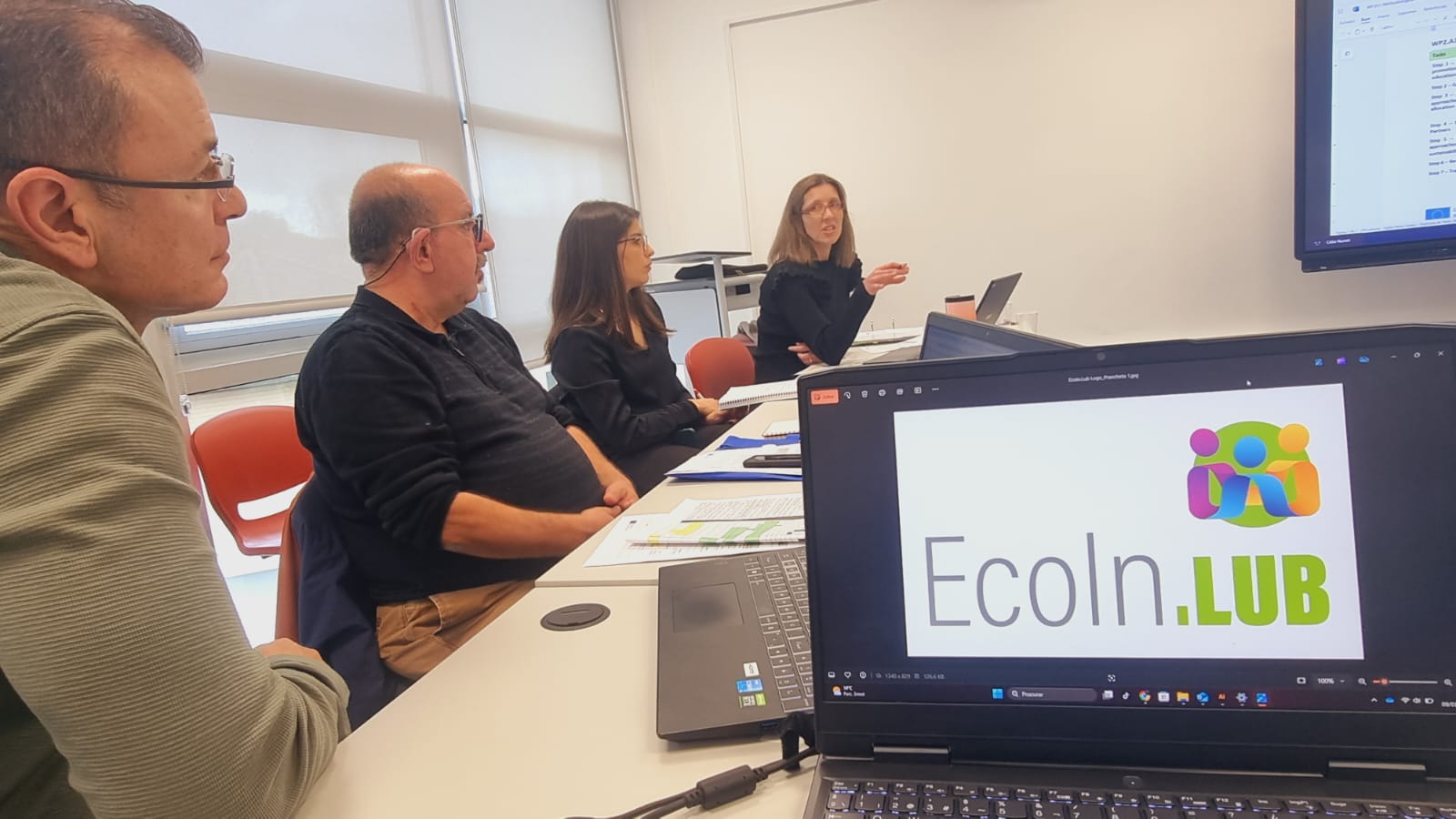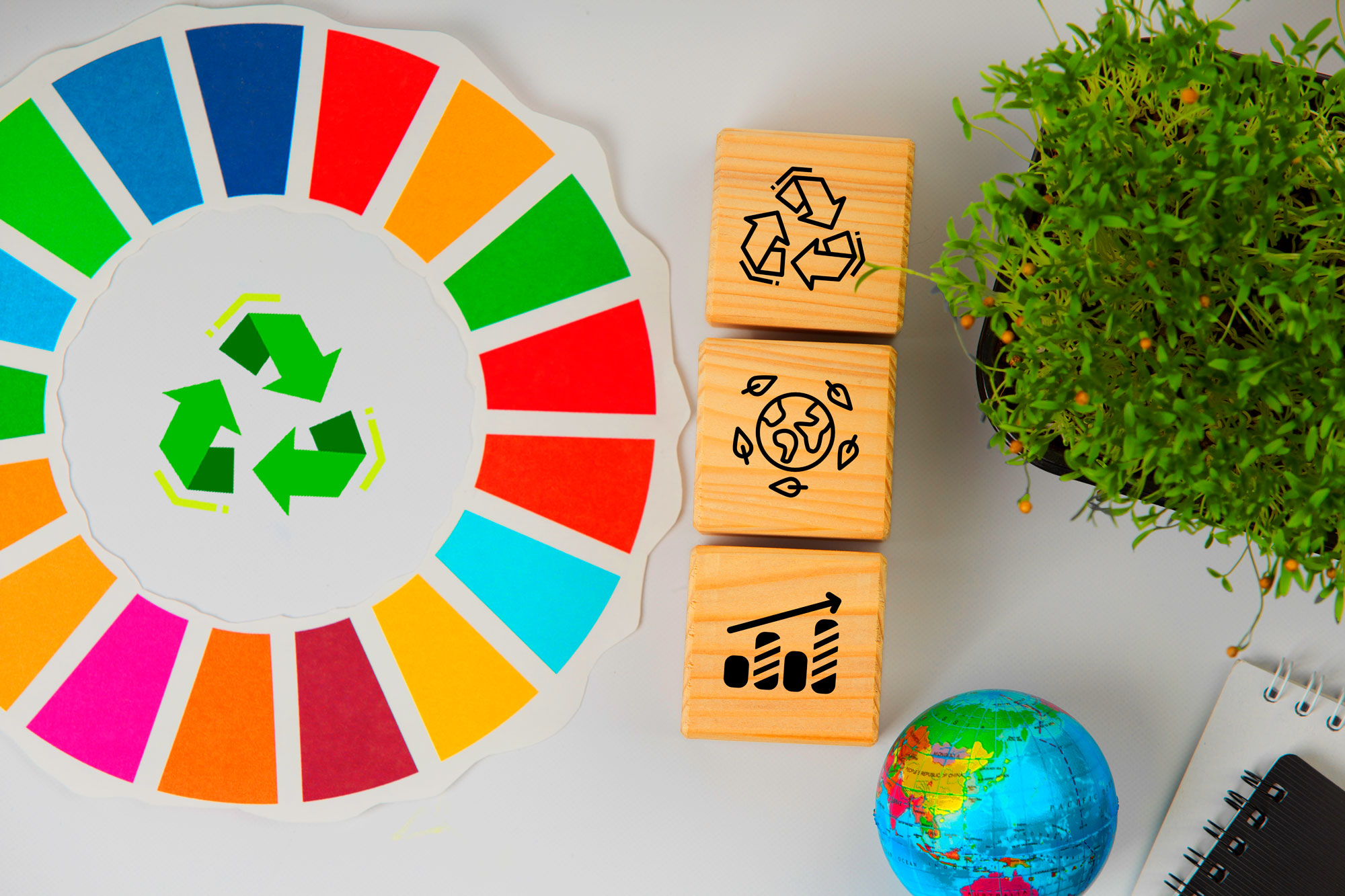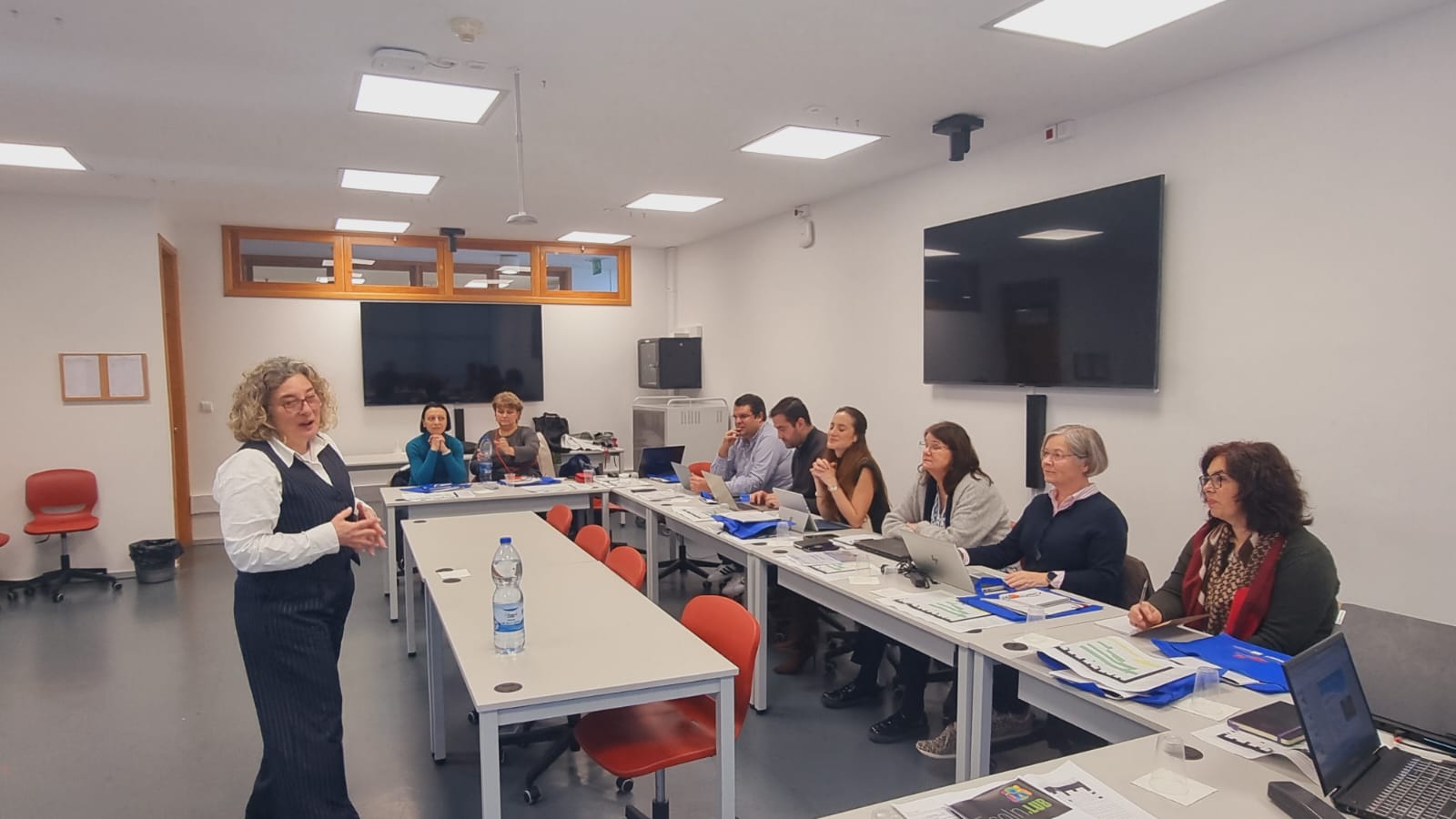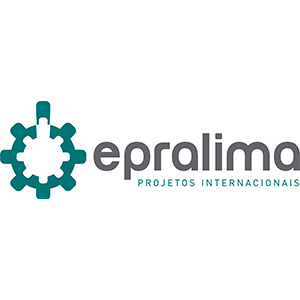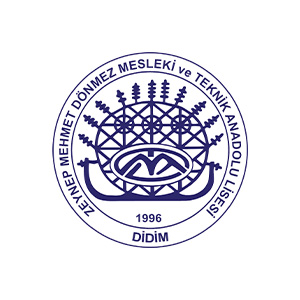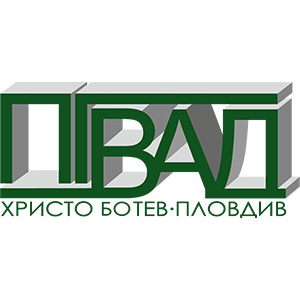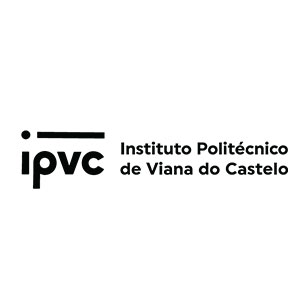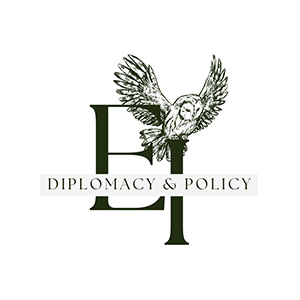Our Partnership
Epralima is situated in the small picturesque town of Arcos de Valdevez, Portugal, conveniently situated between the cities of Oporto and Vigo (Spain) and close to the coastal towns of the Atlantic Ocean.
Epralima is a cooperative organization, composed by institutions deeply solidified within the social, economic, cultural and local levels, namely, the municipality of Arcos de Valdevez, the municipality of Ponte da Barca, and the Commercial and Industrial Association of Arcos de Valdevez and Ponte da Barca.
Epralima has based its developmental strategy on preparing youths and adults for the exercise of qualified professions, by developing mechanisms that create closer ties between the school and economic institutions, as well as professional and cultural associations within the social tissue, in the name of achieving an integrated and qualified entrepreneurial training project, which meets the integrated developmental needs of the country, particularly at the regional and local levels.
Zeynep Mehmet Dönmez Mesleki ve Teknik Anadolu Lisesi is located in the vibrant coastal town of Didim, Turkey, a region celebrated for its historical richness and thriving tourism industry.
Established during the 1996-1997 academic year, the school moved to its current building in 2007, thanks to the generous contribution of philanthropist Mehmet Dönmez. Since then, it has operated under its current name.
Focused on providing high-quality vocational education in cookery and hospitality services, the school offers specialized programs such as “Food & Beverage Services” and “Hospitality & Travel.” Students in their 10th and 11th grades gain valuable hands-on experience through 20-week internships at top-tier facilities in the industry.
Since 2010, the school has actively participated in Erasmus+ projects, enhancing its international profile and fostering strong ties across Europe. These projects have enriched the institution’s educational approach, promoting cultural exchange and professional growth for both students and staff.
Over the years, ZMD MTAL has cultivated strong connections with local and international organizations, supporting the development of thousands of graduates who have excelled in gastronomy, hospitality, and tourism. Many alumni have gone on to take leading roles in businesses, schools, and cultural institutions, making significant contributions to the region’s economic and social landscape.
Salpaus Further Education in Lahti is the sixth biggest vocational education and training provider in Finland.
It is located in southern Finland, about 1 hour drive from the capital city Helsinki. Salpaus is a multidisciplinary VET with over 40 basic technical and service education qualifications of EQF 4 and over 80 EQF 5 further vocational and specialisation qualifications. It is founded in 2001 as a result of mergers of individual vocational training providers.
Its main purpose is to serve to Lahti region providing professionals to work life needs. Salpaus has over 400 professionals in teaching and guidance and over 200 professionals in administration and supporting services.
Annually 4600 students study in basic qualifications and total of 8000 in continuing education, including training to companies. Salpaus is an active and recognised international actor with Erasmus+ accreditation in mobility and strategic partnership projects
“Hristo Botev” Vocational School of Interior Design and Woodworking is situated in the center of the second largest town of Bulgaria called Plovdiv.
It is the town also known for one of the most ancient living cities in the world.
Not surprisingly, the history of the VET started in the late June,1907 when in order to promote woodcraft in the town of Plovdiv, the Chamber of Commerce founded the so-called ‘Training Workshop’. Later on, the Chamber of Commerce and Industry entirely handed the school to the Ministry of Commerce, Industry and Labour. In 1933 as a result, the school was renamed to ‘State Industrial School’.
Many were the changes of names within the years of its existence. However, since 1950, till now, it is called ‘Hristo Botev” Vocational School of Interior Design and Woodworking.
Majors like “Carpentry Production”, “Polygraphy”, “Restoration of furniture” and “Interior Design in the Woodworking Production” attract nowardays students from the town as well as the south region of Bulgaria. Thousands of specialists have graduated from the school in the past half century.
Many of them have taken leading positions in businesses, schools, and the entire public, economic and cultural life of the town of Plovdiv, Bulgaria.
The Polytechnic University of Viana do Castelo (IPVC), established in 1980, is a key institution of higher education located in the Alto Minho region of Portugal.
Known for its deep connection to the region’s rich tradition of valuing natural resources, IPVC is committed to delivering high-quality human, cultural, scientific, technical, and vocational training.
It actively collaborates with the regional community, particularly in productive and business sectors, fostering a culture of mutual growth and dialogue.
IPVC offers the most extensive range of educational programs in the Alto Minho region, including Higher Professional Technical Courses (CTeSP), Bachelor’s Degrees, Postgraduate Degrees, and Master’s Degrees. Many of its advanced degrees are offered in collaboration with national and international universities.
Education and training are provided through its six specialized schools, each strategically located to serve the region: School of Education (Viana do Castelo), School of Agriculture (Ponte de Lima), School of Technology and Management (Viana do Castelo), School of Health (Viana do Castelo), School of Business Sciences (Valença), School of Sport and Leisure (Melgaço).
IPVC emphasizes active learning, encouraging students to develop critical thinking, scientific creativity, and teamwork skills.
Training involves hands-on, interactive methodologies, such as real-world case studies, to bridge the gap between theory and practice.
This approach helps students understand cultural and social phenomena, equipping them to navigate and address real-world challenges effectively.
The university prioritizes the qualifications of its teaching staff, with the majority holding PhDs and Master’s Degrees. Those pursuing further advanced training are supported to ensure the highest standards of education across all programs.
IPVC’s strong focus on academic excellence, regional development, and innovation positions it as a cornerstone of higher education in Alto Minho and a driver of progress in Portugal.
European Institute for Diplomacy and Policy is a scientific non-governmental organisation whose General Committee is formed by local development stakeholders and specialists from various sectors of civil society and European Member States:
Academics, NGOs, development agents, association managers, civil servants, and social economy companies, as well as European organizations for local development.
European Institute for Diplomacy and Policy’s mission is to consistently provide innovative, high-quality services that improve the economy of regions and the quality of life in urban and rural areas by supporting and promoting experience sharing between its members and partners for sustaining international cooperation, skillful networking and further progress and growth. Our organization’s goals and network come in support of fulfilling our mission.
The main aim of the Institute is to highlight the values of culture, promote cooperation and build mutual trust with the ultimate goal of creating proximity with foreign people – relations that outlive changes in government.
The European Institute for Diplomacy and Policy wants to play a significant role in the spiritual and academic life, supporting new and talented artists and creating a cultural background and mentality capable of motivation. Our staff members are experienced in implementing local development actions in remote, marginalized, and difficult accessed areas. We participate and lead global actions and initiatives that contribute to regional development worldwide.
We contribute to integrating the whole area in a more balanced way through economic, social, and environmentally beneficial initiatives to increase the population’s quality of life extensively.
ECO INnovative and INclusive Lab and hUB for Sustainable Projects
About ECOIn.Lub
The ECOIn.Lub project arises in response to the new demands and needs of the European labour market related to the transition to a sustainable circular economy. With the aim of preparing Vocational Education and Training (VET) students for these new challenges, ECOIn.Lub aims to promote the development of a set of essential knowledge and skills for the green transition and sustainable entrepreneurship, thus contributing to increasing employability and facilitating the integration of students into the labour market. In addition, the project seeks to foster inclusion, innovation, and entrepreneurship, with a focus on ecological, social, and digital sustainability.
Target group
– Teachers, Trainers and other Professionals in Vocational Education and Training;
– Vocational Education and Training students, prioritizing students at high risk of early school leaving, unmotivated for school and with accumulated school failure; students with learning disabilities or disabilities; students at risk of social exclusion and/or who face difficulties in school or social integration; VET students who for some reason face situations of less opportunity.
